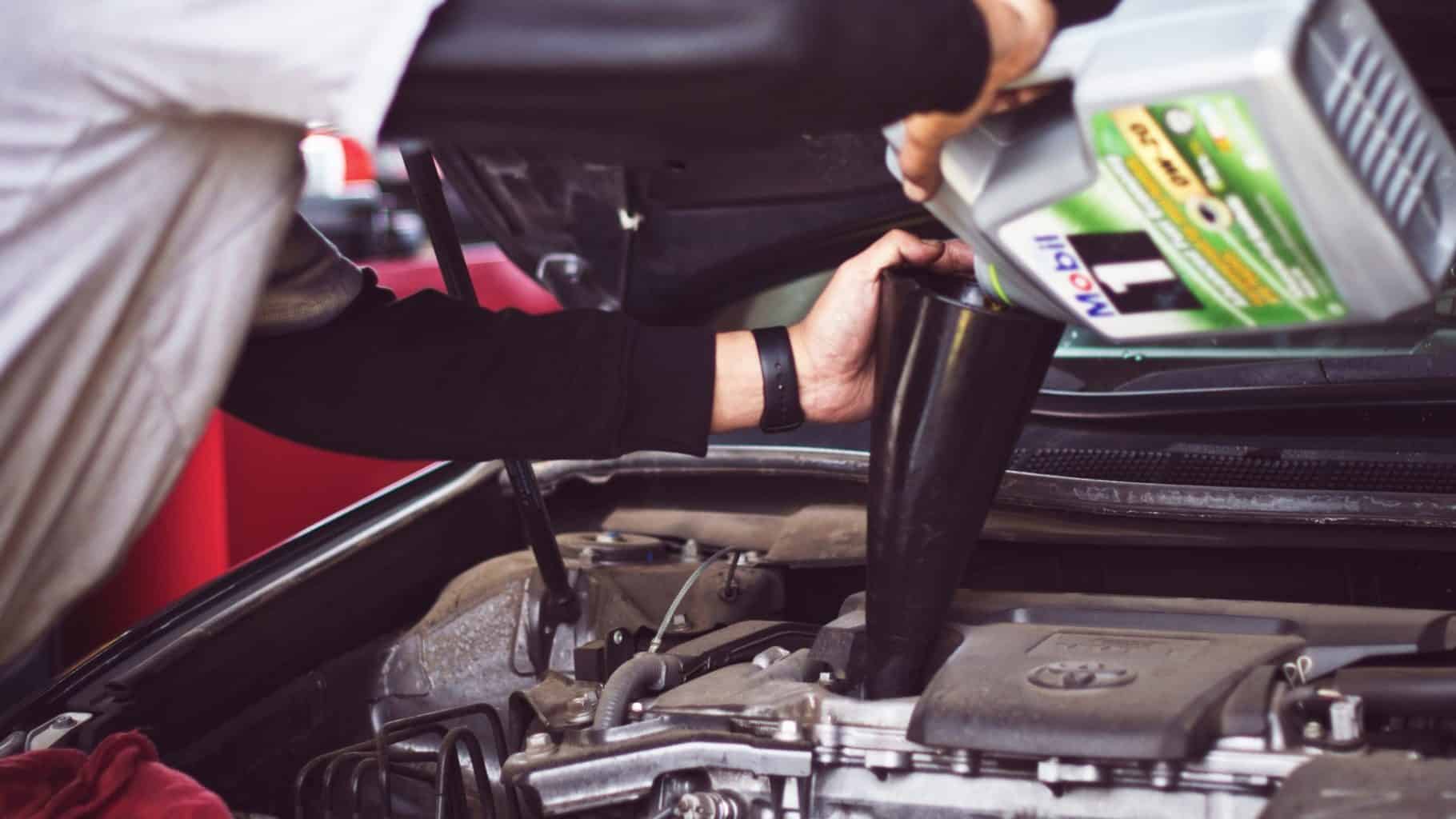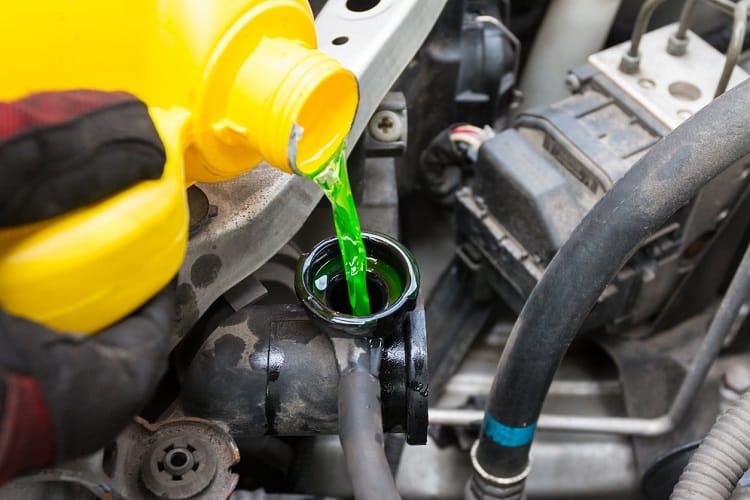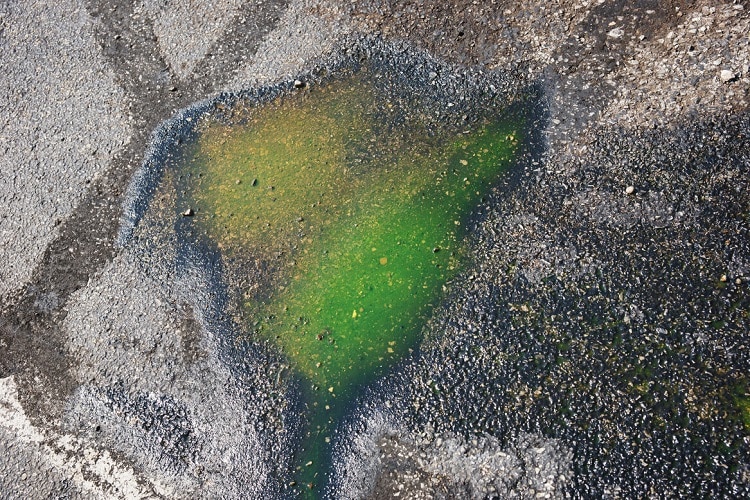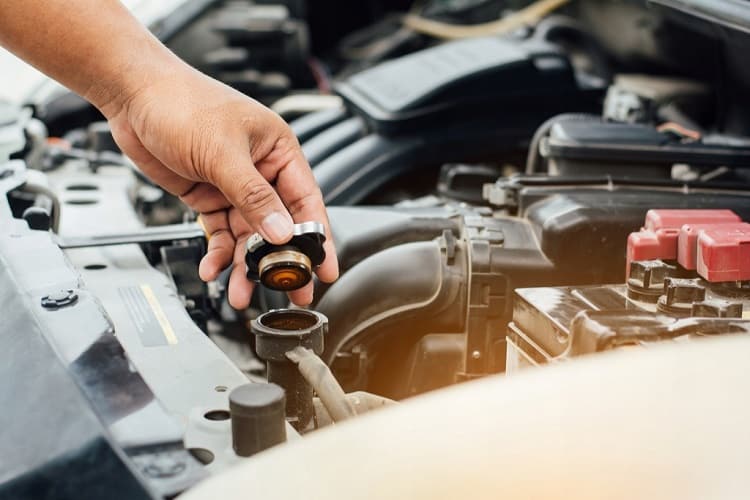
Does Antifreeze Evaporate?
Evaporation is a type of vaporization that occurs on the surface of a liquid.
The molecules of the liquid separate and become a gas. Antifreeze is a chemical used in cooling systems to lower the freezing point of water.
But does antifreeze evaporate?
The simple answer is yes, antifreeze can evaporate. However, it does so at a much slower rate than water. This is due to the fact that antifreeze has a higher boiling point than water.
In order for antifreeze to evaporate, it must reach its boiling point. And because it takes longer to reach this point, evaporation occurs at a slower rate.
Things That Can Affect The Rate Of Evaporation

There are several things that can affect the rate of evaporation.
One is the temperature of the surrounding air. The warmer the air, the faster the evaporation rate. Another is the amount of antifreeze in the liquid. A higher concentration will evaporate more slowly than a lower concentration.
And finally, the type of antifreeze can also play a role. Glycol-based antifreeze will evaporate more slowly than alcohol-based antifreeze.
So, does this mean you should never top off your cooling system?
Not necessarily. Just be aware that if there is too much antifreeze in the system, it can cause issues with evaporation and boil-over. It’s always best to check your owner’s manual or with a mechanic to see what the proper level of antifreeze should be in your system.
Does Antifreeze Evaporate?
Antifreeze does evaporate, but it does so very slowly. In fact, it can take many months or even years for the antifreeze to fully evaporate from a vehicle’s cooling system.
This is why it is important to keep your antifreeze levels topped off; if too much of the liquid evaporates, the remaining antifreeze will be too diluted and won’t be able to properly protect your engine from the cold.
It’s also worth noting that antifreeze will not evaporate when it is in a sealed container. So if you’re ever storing an unused bottle of antifreeze, make sure to seal it tightly to prevent any evaporation.
That said, you might be wondering whether it’s evaporating if the antifreeze in your radiator is disappearing even while the automobile isn’t in use. It’s more likely that the water within the radiator is evaporating. The majority of antifreeze bottles suggest a 50-50 combination of water and antifreeze for the cooling system.
Since the antifreeze doesn’t really evaporate in the very same manner as the water would, that doesn’t go entirely. It’s because the antifreeze usually contains chemical compounds that are tough to evaporate. They are more likely to settle into the earth or link themselves to certain other substances and disperse than they should be to evaporate.
Even if the chamber is totally immersed in water, it is susceptible to evaporation throughout time. If your antifreeze runs down from the radiator without ever using it, there is a significant possibility that there is a leakage.
Since antifreeze doesn’t really evaporate, if your antifreeze drains from the radiator because of spillage or leakage, you must use several procedures to clean up a mess and look for the leak.
How To Clean Up An Antifreeze Spillage

If you have antifreeze spillage, it is crucial to clean it up as soon as possible. This is because antifreeze is poisonous to animals and humans. If you think your pet has ingested antifreeze, take them to the vet immediately.
The best way to clean up a small spillage is to use kitty litter or sawdust. These materials will absorb the liquid and make cleanup easier. Once you’ve absorbed the spill, sweep it up and dispose of it in a garbage bag. For larger spills, you may need to use a Shop-Vac to suck up the liquid.
When cleaning up a spill, be sure to wear gloves and protective eyewear. And always remember that antifreeze is poisonous, so keep children and pets away from the area until it has been cleaned up.
How To Prevent An Antifreeze Spillage
The best way to prevent antifreeze spillage is to regularly check your cooling system for leaks.
You should also be careful when adding antifreeze to the system; avoid overfilling it, and be sure to clean up any spills immediately. Finally, always store antifreeze in a sealed container to prevent evaporation.
By following these tips, you can help ensure that your cooling system stays leak-free and that you won’t have to deal with a messy clean-up if a spill does occur.
Causes Of Decrease On Antifreeze Levels
There are a few reasons why your antifreeze levels might be decreasing, even if you’re not using the car.
Radiator Is Evaporating
One possibility is that the water in the radiator is evaporating. As mentioned earlier, most antifreeze bottles suggest a 50-50 combination of water and antifreeze for the cooling system.
If too much water evaporates, the remaining antifreeze will be too diluted and won’t be able to properly protect your engine from the cold.
Damaged Gasket
Another possibility is that there is a gasket leak. The gasket is a seal between the engine and the radiator. If it’s damaged, antifreeze can leak out of the system.
Loose Hose
A loose hose can also cause a loss of antifreeze. This is because the hose connects the radiator to the engine, so if it’s not snug, antifreeze can escape from the system.
How To Check For A Leak

The best way to check for a leak is to do a visual inspection of your cooling system. Look for any cracks or leaks in the radiator, hoses, or fittings. If you see any signs of leakage, you’ll need to take your car to a mechanic to have the problem repaired.
Another way to check for a leak is to keep an eye on your antifreeze levels. If you notice that the level is decreasing even though you’re not using the car, there is a good chance that there’s a leak somewhere in the system.
If you suspect that your car has a cooling system leak, it’s important to have it fixed as soon as possible. This is because a leaking radiator can cause serious damage to your engine if it’s not repaired.
What To Do If You Have A Leak
If you have a leak in your cooling system, the best thing to do is take your car to a mechanic and have it fixed. They will be able to locate the source of the leak and repair it, preventing further damage to your engine.
Conclusion
Antifreeze does not evaporate easily, so if you notice that your antifreeze levels are low, it’s likely that there’s a leak somewhere in your cooling system.
Be sure to have the leak fixed as soon as possible to prevent damage to your engine.
Read More:
